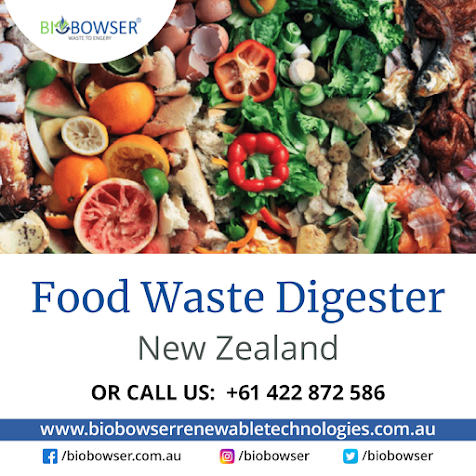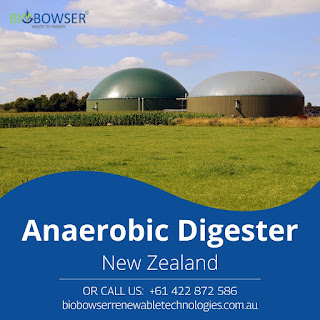Why It Is Important To Consider Implementing Food Waste Management?
Waste management is important. It helps reduce landfills. Tonnes of food are wasted every day. Unused or spoilt food items are allowed to be disposed of in the garbage bin. Households produce lots of food wastes in the kitchen.
Food is also wasted from restaurants, hotels, and other food outlets. It can cost a big amount of money to allow this food to biodegrade on its own. Leftover food and solid waste also result in tons of landfills.
- It is better to use food that can only be
consumed
- If food has to be stored for long term
proper storing technique is important
- Unused or wasted food should be best recycled or decompose
For decomposing or recycling food waste, you can search for the best food waste management Australia services.
Recycling or reducing food wastes
Recycling or reducing food waste is the better alternative as compared to disposing of unused food in the garbage bin. Adding the waste to the garbage bin will only let the food item stale for days. It damages environment.
Recycling and reducing are more effective techniques. You have to control the number of food items you use at home. The recycling technique will make the food item safe to decompose.
Reduce global warming
Food that is allowed to dispose of in the garbage bin will only result in global warming. The same garbage bin will be allowed to dump in the nearby landfill area. This dumped food will produce a greater percentage of carbon dioxide into the atmosphere.
A higher percentage of carbon dioxide also increases the global temperature.
Reduces toxins
The moment you allow the food item to decompose on its own in the landfill, it will produce a greater percentage of Leachate. This is a toxic material that is produced as the byproduct of decomposition reaction with nature.
The process helps to reduce and regulate the production of Leachate.
Saves groundwater pollution
Leftover food items and other types of household solid wastes when allowed to get accumulated will produce toxins. The toxins can easily seep through the soil with rainwater. These toxins, later on, get mixed with the underground water.
If this happens the toxins will pollute the underground water as well. Recycling and decomposing food waste can prevent toxins from forming on the soil surface. It thus prevents underground water pollution as well.
Composting helps
The moment you use a natural method to compost the food item, it saves the environment. The bacteria will help in turning harmful toxins into something useful that can be allowed to mix with the soil. You can hire solid waste treatment plants New Zealand services and turn toxins into useful compost.
This makes the soil richer in nutritional values. It reduces greenhouse gas effects as well.
Produces quality compost for soil
If you recycle or reuse the waste food items then you are making the soil more productive. It helps repair the damaged soil via compost material. It also makes the air around fresh to breathe.
The same soil if productive will
offer better crop yield. It is rated healthy for humans.


Comments
Post a Comment